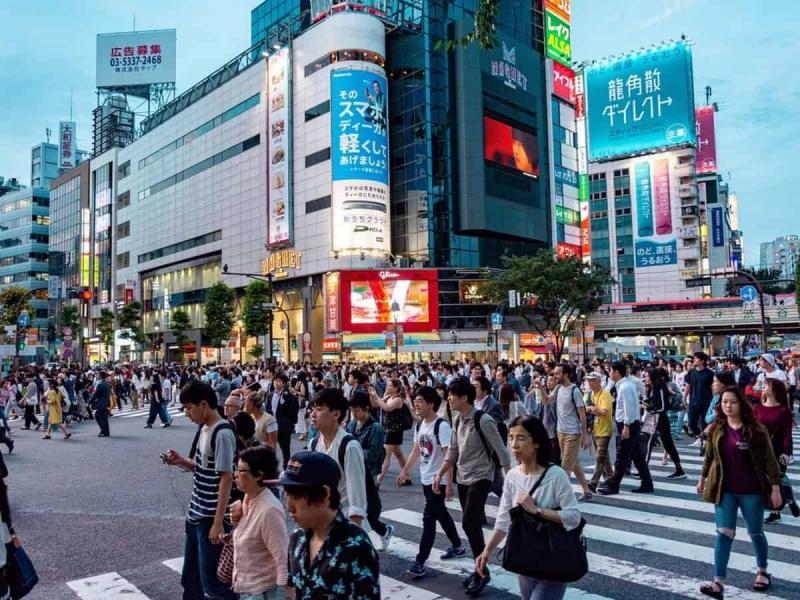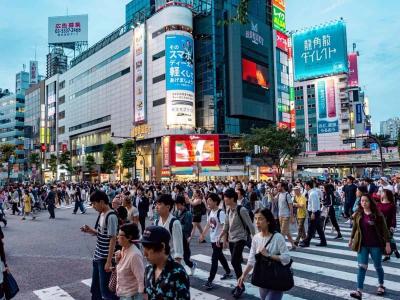The Japanese Ministry of Health reported today, Friday, that the birth rate in the country declined for the seventh consecutive year in 2022, reaching a record low. This highlights a crisis with a shrinking population and a rapidly increasing elderly demographic. The fertility rate, which is the average number of children a woman is expected to have in her lifetime, stood at 1.2565, compared to a previous low of 1.2601 in 2005, significantly below the 2.07 rate needed to maintain population stability.
Prime Minister Fumio Kishida has made reversing the decline in the birth rate a top priority, and his government plans to allocate 3.5 trillion yen (25 billion dollars) annually for childcare and other measures to support parents, despite high levels of national debt. He stated this week during a visit to a childcare center, "The number of young people will start to significantly decline over the next decade. The time until then is our last opportunity to reverse the trend of declining births."
The COVID-19 pandemic has exacerbated demographic challenges in Japan, as a decrease in marriages in recent years has contributed to the declining number of births. The pandemic has also contributed to an increase in deaths. Data showed that the number of newborns in Japan fell by five percent to 770,747 last year, marking a new low, while the number of deaths rose by nine percent to a record 1.57 million. Japan recorded over 47,000 deaths last year due to the COVID-19 pandemic.




